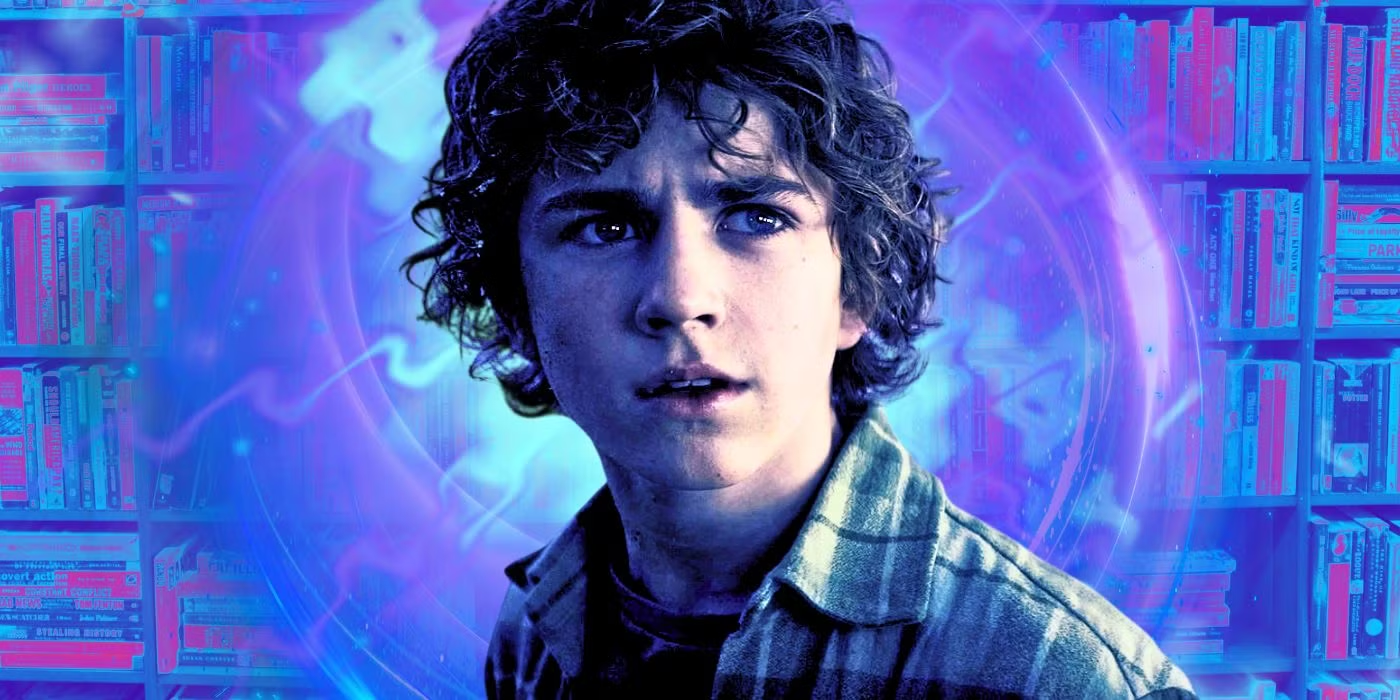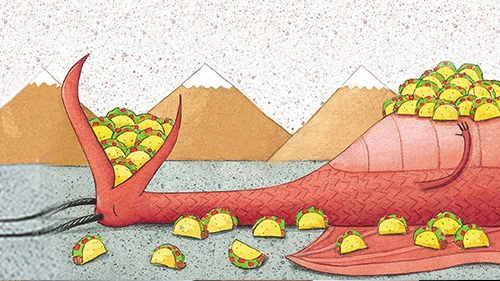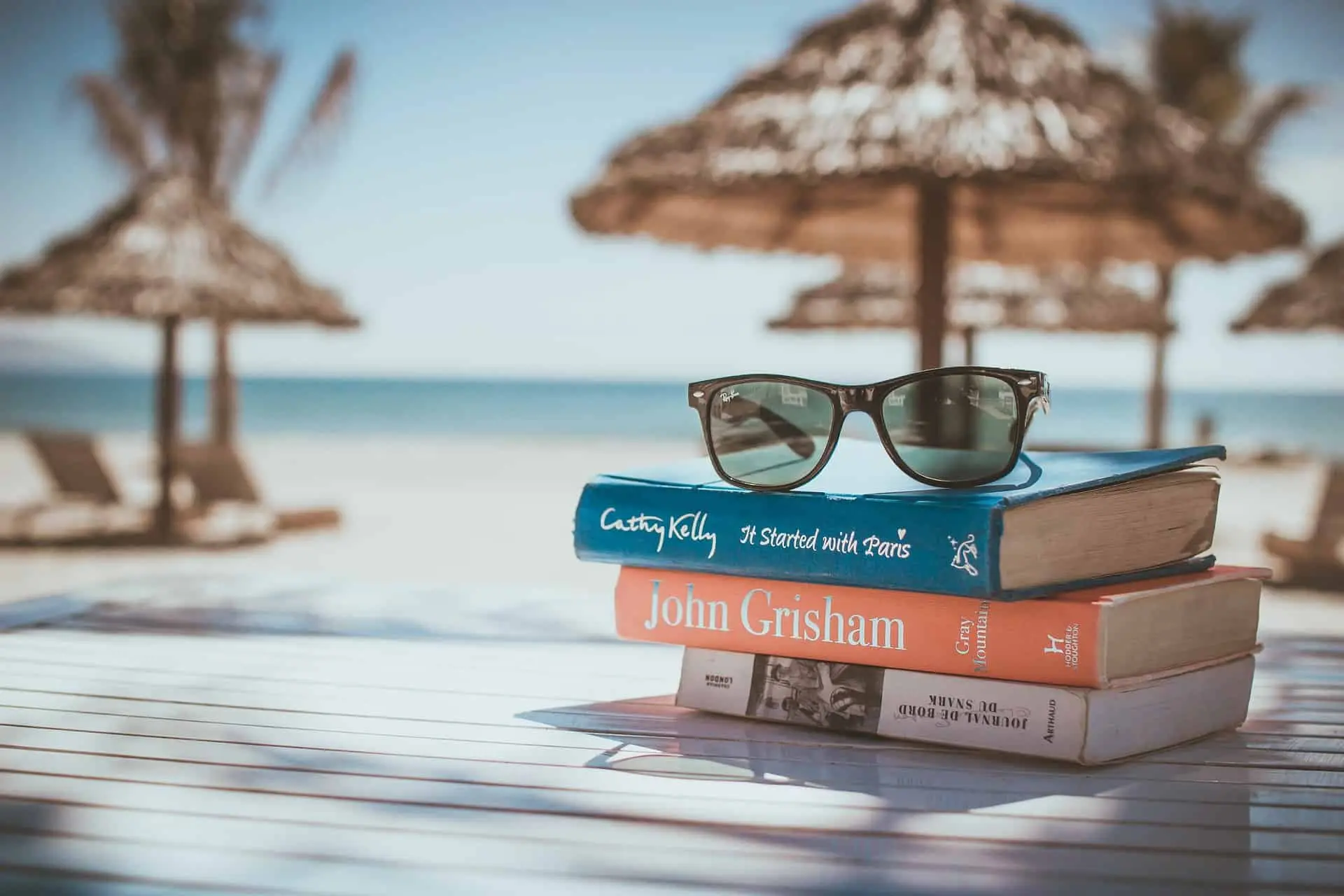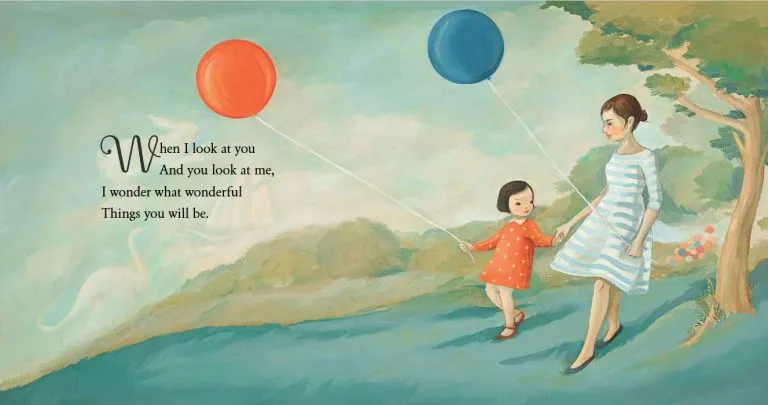Why Yo-Yo Ma Would Invite Socrates to Dinner

“For once, I’d like to ask the questions,” says the renowned cellist, whose new ensemble album is “Not Our First Goat Rodeo.”
What books are on your nightstand?
“The World That Made New Orleans,” by Ned Sublette.
“Barracoon: The Story of the Last ‘Black Cargo,’” the oral history of one of the last known African survivors of the Middle Passage, by Zora Neale Hurston.
The memoirs of Alexandre Dumas, the first volume of which I am struggling through in French.
“Spirit Rising,” by the unparalleled Angelique Kidjo, who recommended the first three titles. She and I are working on a new project that explores some of the less-known intersections between what we think of as Western classical and African music.
Are there any classic novels that you only recently read for the first time?
E .M. Forster’s “Howards End.” Twenty-three years ago, when I was first thinking about the Silkroad Ensemble, I had many intense talks with Daniel Barenboim and Edward Said, who were in the process of creating the West-Eastern Divan Orchestra. Said would always quote Forster: “Only connect!” But it took me two decades to connect with the book.
Describe your ideal reading experience (when, where, what, how).
In transit. I always try to get on a plane with a book that will give me new perspective on the destination. Late in February, just before the pandemic really changed how we live, I visited West Africa for the first time, to play Bach’s cello suites in Dakar. I boarded with Dionne Searcey’s “In Pursuit of Disobedient Women,” which recounts her years as The Times’s West Africa bureau chief. I landed with the magic of her experience. Like cheating!
Lately, my wife and I have discovered audiobooks in the car, most recently Ron Chernow’s “Washington.”
What book should everybody read before the age of 21?
“The Little Prince.” Looking at the universe through a child’s gaze, full of wonder, wisdom and innocence, is a perspective we never want to lose as adults.
Have any books influenced your artistic development as a musician?
Too many to count, but Joseph Horowitz on Toscanini helped give a social and historical context to the world of classical music world that I encountered when I moved to New York as a child. The book gave me a way to see how deeply everything changed after World War II, how the immigration of European musicians to the United States helped shape the evolution of classical music for a good half-century and gave me my own musical foundation.
Who are your favorite musician-writers? Your favorite memoir by a musician?
“Joys and Sorrows,” by Pablo Casals. Casals was one of the greatest cellists of the last century. He rediscovered Bach’s cello suites for generations of musicians and listeners, he stood always for liberty and against despotism, and he lived by a simple philosophy that has become my own: He thought of himself as a human being first, a musician second and, only third, a cellist. I met him when I was 7 and asked him for his autograph, and he gave me some advice: “Always make time for baseball.” It took me decades to realize he was telling me to be a human first.
What are the best books about music you’ve read?
The books that set me on new musical journeys. Here’s one. In the ’90s, I discovered the work of an ethnomusicologist named Ted Levin. I think the first of his books that I read was “The Hundred Thousand Fools of God.” This was in the years after the Soviet Union breakup gave birth to more than a dozen countries that we knew as the “‘stans.” Ted’s book introduced me to the people who live there; I could hear them, understand their interpretation of nature and of the universe. A few years later, Ted became one of my partners in creating the Silkroad Ensemble, which changed forever how I think about connection and collaboration, innovation and tradition, foreign and local, and what it means to live in an interconnected world.
What’s the most interesting thing you learned from a book recently?
The history of Haiti, through the memoirs of Alexandre Dumas, whose father was a French general born in Haiti (then the French colony of Saint-Domingue) to a white French nobleman and a black slave. We hear so much about the modern-day struggles of Haiti, but I had only a vague notion of its history, that Haiti was among the first colonies in the Americas to declare independence and the first nation to abolish slavery for good.
How do you organize your books?
I don’t. I am so disorganized. Thank goodness my wife has the ability to put them in order, because then I am surprised anew by what wonderful books we have.
Who is your favorite fictional hero or heroine? Your favorite antihero or villain?
Odysseus. I identify with how much time he spent on the road!
You’re organizing a literary dinner party. Which three writers, dead or alive, do you invite?
Ann Patchett: I’ve read all of her books; her humanistic imagination knows no limits.
Freeman Dyson, the theoretical physicist who died earlier this year at age 96. He never stopped learning and in one of his final essays wrote, “Cultural evolution will be the main force driving our future.”
Socrates: For once, I’d like to ask the questions.
What do you plan to read next?
When my son was in sixth grade, his teacher gave him an assignment on “Kalila wa Dimna,” fables that originated in India and moved to Persia, shared as a way to educate future rulers. But it turns out that they are beloved stories that children know all over the world, stories that we recognize in the fables of Fontaine and Aesop. I’ve wanted to read them ever since. Imagine, a world of leaders bound together with common values. We could use that today.




